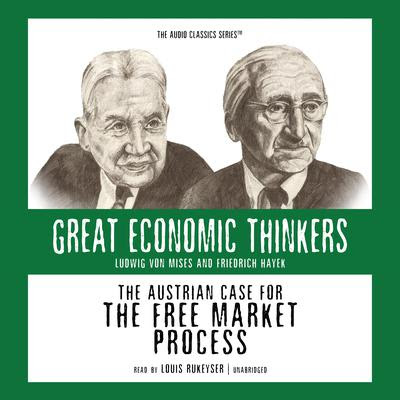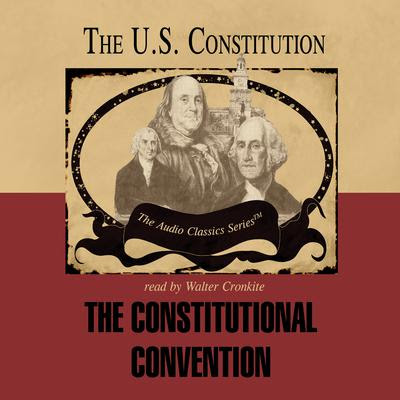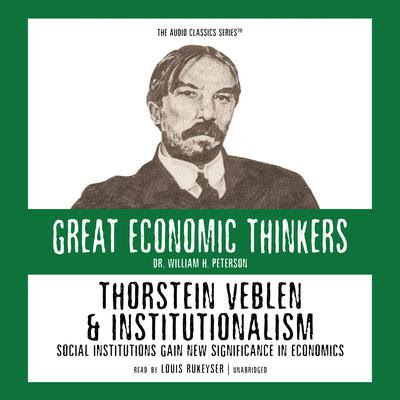“Muḥammad is the Messenger of Allah. And those with him are firm with the disbelievers and compassionate with one another.”
A biography of the founder of Islam, who lived in the Early Middle Ages …
Of the
English-language films about the Prophet Muhammad, this one appears to be the longest. It is a journalistic examination of his life, and is good despite this journalistic style. It was made by the BBC, but distributed in
America through PBS. If I am not mistaken, the film was directed by one British Muslim, written by another, and presented by still another – namely,
Rageh Omaar. I am glad that this documentary was made by
Muslims, because it allows one to hear an inside perspective on their faith. For this reason, one wishes that PBS’s film “The Mormons” had been made by a
Latter-Day Saint filmmaker – or more precisely, a member of
The Church of Jesus Christ of Latter-Day Saints. “The Life of Muhammad” gives a three-hour overview of the life of
Islam’s great prophet – which provides no pictures of Muhammad himself, in deference to the Muslim prohibitions on these pictures of the prophet. Nonetheless, this film succeeds in providing its viewer with a visually interesting biography despite this limitation.
Rageh Omaar, the presenter of this documentary












































